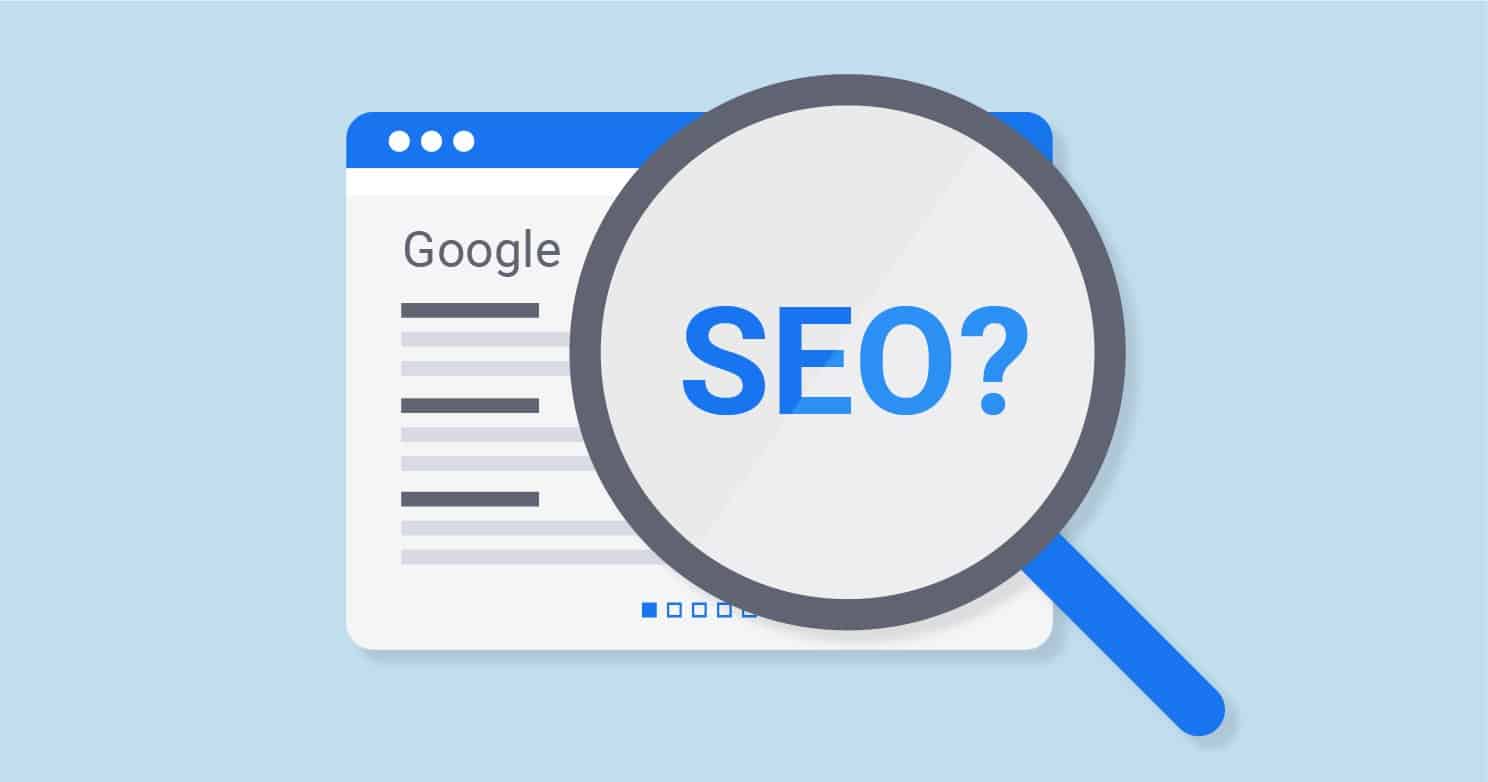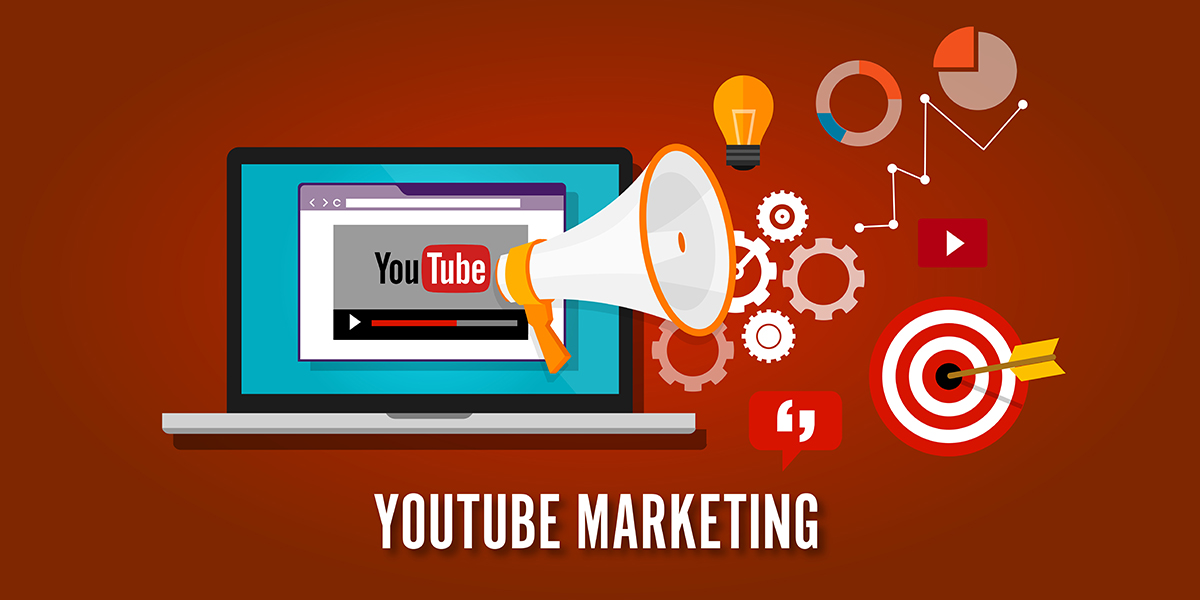There are various types of digital marketing courses available, ranging from beginner to advanced levels. Some of the most common types of digital marketing courses include:
1. Search Engine Optimization (SEO)
In a typical SEO course, digital marketers learn about the principles and techniques used to improve a website’s visibility and ranking in search engine results pages (SERPs). The course covers the technical aspects of SEO, including how to optimize a website’s structure and content to make it more search engine-friendly, as well as keyword research and selection, on-page optimization, and link building strategies. Additionally, students learn about the importance of user experience (UX) and mobile optimization in SEO, as well as analytics tools that enable them to track and measure the success of their SEO campaigns. By the end of the course, digital marketers should have a strong understanding of how to improve a website’s visibility and attract more organic traffic through search engines.
2. Pay-per-click (PPC) Advertising
In a Pay-per-click (PPC) Advertising course, students typically learn how to create and manage effective online advertising campaigns. This includes understanding the basics of search engine advertising, such as how to select relevant keywords, create ad copy that engages potential customers, and optimize landing pages for maximum conversions. Students may also learn about social media advertising, display advertising, and remarketing techniques. In addition to technical skills, students may also learn about budgeting, tracking, and reporting on advertising performance. The goal of the course is to equip students with the knowledge and skills necessary to create and manage successful PPC campaigns that drive traffic, increase conversions, and generate a positive return on investment (ROI) for clients or their own business.
3. Content Marketing
In a Content Marketing course within digital marketing, one can expect to learn various strategies to create and distribute valuable content that attracts and engages a targeted audience. The course may cover topics such as creating buyer personas, developing a content strategy, creating various types of content such as blog posts, videos, and infographics, optimizing content for search engines, and measuring the success of content marketing campaigns. Students may also learn how to use social media, email marketing, and other channels to distribute and promote their content effectively. Overall, the course can provide valuable insights and skills to help businesses build and maintain a strong online presence through content marketing.
4. Social Media Marketing
Social media marketing is a crucial aspect of digital marketing that encompasses various strategies and techniques to engage audiences, create brand awareness, and drive traffic to a website or product. In a course on social media marketing, you can expect to learn the fundamentals of social media platforms such as Facebook, Instagram, Twitter, and LinkedIn, and how to create effective campaigns that align with business objectives. This may include content creation, audience targeting, community management, influencer marketing, paid advertising, and analytics. Additionally, you will learn how to measure the success of your social media marketing efforts, including metrics such as reach, engagement, conversions, and ROI. With this knowledge, you can create a comprehensive social media marketing plan that achieves your business goals and builds lasting relationships with customers.
5. Email Marketing
In an Email Marketing course, you can expect to learn the fundamentals of creating effective email campaigns that drive conversions and increase customer engagement. The course may cover topics such as designing compelling email templates, writing effective subject lines, creating relevant content, and optimizing email campaigns for maximum deliverability and open rates. You may also learn about building and segmenting email lists, automating email sequences, and analyzing email campaign data to measure success and make data-driven decisions. Other topics that may be covered include email personalization, A/B testing, email list growth strategies, and compliance with email marketing laws and regulations.
6. Google Ads
In a Google Ads course for digital marketing, one can learn a variety of concepts and techniques to effectively promote their business online. The course typically covers topics such as creating and managing ad campaigns, conducting keyword research, setting bids and budgets, optimizing ads for maximum performance, and tracking and analyzing ad performance using Google Analytics. Additionally, the course may touch upon advanced topics such as remarketing, display advertising, and video advertising. By completing a Google Ads course, one can acquire the skills and knowledge needed to leverage the power of paid advertising and reach a wider audience on the web.
7. YouTube marketing
In a YouTube Marketing course, learners can expect to learn how to effectively utilize the platform to promote products or services. The course will cover topics such as creating engaging video content, optimizing videos for search engines, using analytics to track performance, and advertising on the platform. Learners will also gain an understanding of the YouTube algorithm, how to build a loyal audience, and how to collaborate with other YouTubers to increase visibility. Overall, a YouTube Marketing course will provide learners with the skills and knowledge necessary to create successful digital marketing campaigns on the world’s largest video sharing platform.
8. Affiliate Marketing
In an affiliate marketing course within digital marketing, you will learn about the process of promoting other people’s or company’s products or services in exchange for a commission. The course will cover topics such as finding affiliate programs, creating content that converts, driving traffic to your affiliate links, and tracking your results. Additionally, you will learn about affiliate networks and how to effectively negotiate with advertisers. 
9. Graph design and video editing
In digital marketing, graph design and video editing are essential skills that help businesses create compelling and visually appealing content. In a graph design course, you can learn about creating impactful visual elements such as logos, infographics, banners, and other graphics that can be used in social media posts, blogs, and website content. On the other hand, a video editing course can teach you how to create engaging video content that captures the attention of your audience, enhances your brand identity, and improves your online presence. These skills are essential in the digital marketing world, where businesses are constantly seeking new ways to stand out and connect with their target audience.
10. Mobile Marketing
Mobile marketing is a critical component of digital marketing that focuses on targeting mobile device users with promotional content. In a mobile marketing course, one can learn how to create mobile-friendly websites, optimize mobile apps, and leverage mobile-specific ad formats. The course may cover topics such as SMS marketing, mobile app marketing, mobile search marketing, and mobile display advertising. Additionally, one can learn about the importance of mobile analytics and tracking, which can help in measuring the success of mobile marketing campaigns. 

